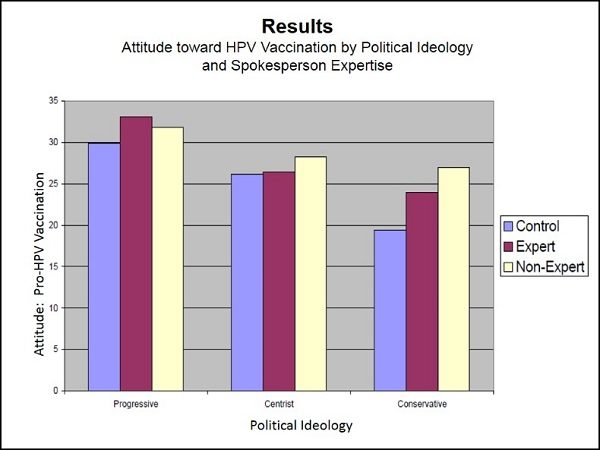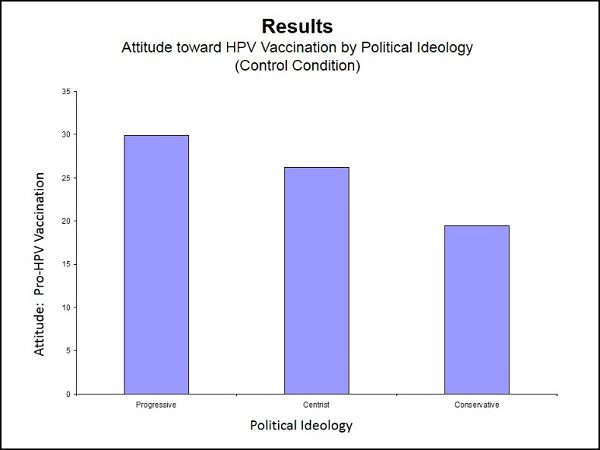Home » Health Communication
Category Archives: Health Communication
Tell me a story about getting vaccinated
To test the effects of different vaccination advocacy message strategies on attitudes toward HPV vaccination, we randomly assigned study participants (N = 963) to one of four different message-strategy groups: (1) The Narrative Strategy–A short story about a parent, Mark, who takes his 11-year-old daughter Emma to the doctor. During the visit, the doctor recommends […]
The Last Word on Improving Patient Satisfaction
You’ve improved your patient-care processes and outcomes but you’re still not happy with your patient satisfaction scores. And now, with CMS reimbursements increasingly tied to those scores, the pressure is rising to raise them. Fortunately, the fields of psychology and behavioral economics may offer some easy-to-implement solutions to improve patient satisfaction scores both coming and […]
Reducing Risky Behavior
Risk Communication Can Be Risky Environmental Safety and Public Health Policy-Makers Often Make Matters Worse Communication of science-based information to the general public…particularly health-related information…is a well-studied field. This may be because it is so often done so poorly. Many public behavior interventions, especially those based on intuition, “common sense,” political persuasion or religious belief, […]
The Politics of HPV Vaccination Advocacy
Who would YOU listen to? A study of the influence of spokesperson expertise My paper, “The politics of HPV vaccination advocacy: Effects of source expertise on the effectiveness of a pro-vaccine message,” was recently accepted for publication in the 71st Annual New York State Communication Association Conference Proceedings. The conference was held in Ellenville, NY, […]
Reverse Psychology?
Yes, apparently you can actually get people to do something (or maybe NOT do something) by encouraging them to do the opposite. There is a growing body of research that shows people can be discouraged from doing things they find pleasurable by paying them to do those things. Theorists believe it demonstrates one of the […]



